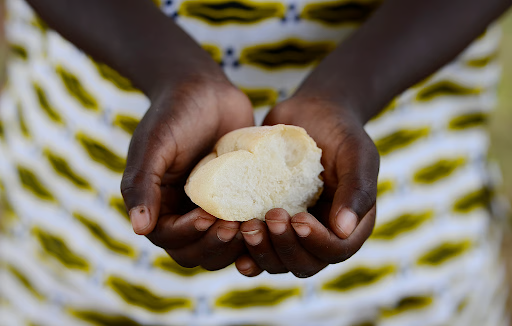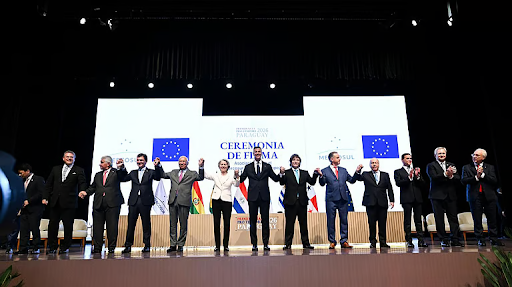



The Maputo Protocol's promise for African women remains unfulfilled, even after 22 years. State reservations, often culturally justified, limit their rights including reproductive autonomy and protection from child marriage. This undermines progress on gender equality and requires urgent withdrawal of such reservations for comprehensive women's empowerment. For UPSC GS Paper 1 paper.

Copyright infringement not intended
Picture Courtesy: DOWNTOEARTH
The Maputo Protocol promotes African women’s rights but faces hurdles from state reservations.
It is officially called the "Protocol to the African Charter on Human and Peoples’ Rights on the Rights of Women in Africa."
It was adopted by the African Union (AU) in Maputo, Mozambique, in July 2003. It came into effect in November 2005, after 15 countries officially agreed to follow it.
Rwanda's Leadership => Having the highest number of women in parliament globally, with over 60% of seats held by women.
Focus on Reproductive Health => The Protocol prioritizes women's access to sexual and reproductive healthcare.
"State reservations" occur when a country agrees to be part of a treaty but decides not to follow specific parts or provisions of it.
Human rights organizations have, points out that these reservations limited critical rights for women and girls.
Examples of Rights Limited by Reservations:
These reservations are justified by cultural or religious reasons. However, they have "real-life and potentially devastating consequences", especially for survivors of gender-based violence and women and girls who are already marginalized.
|
Who are "anti-gender actors"? => Individuals or groups who oppose the idea of gender equality, diversity in gender and sexuality, and even democratic principles. They work to roll back progress made on women's rights. |
Countries that have ratified the Protocol must submit regular reports to the African Commission on Human and Peoples’ Rights. This Commission reviews countries commitments and identifies areas where improvements are needed.
Human rights organizations are urging African governments to withdraw their reservations, and implement all provisions of the Maputo Protocol.
In March 2025, the African Commission on Human and Peoples’ Rights adopted a resolution 632 “urges countries to withdraw their reservations" to parts of the Maputo Protocol.
|
FAQ Q. What is the Maputo Protocol? A: The Maputo Protocol was officially adopted by the African Union in 2003, aimed to safeguard and empower women and girls across Africa. Q2. How do "state reservations" undermine the Maputo Protocol? A: State reservations allow signatory countries to bypass specific provisions of the treaty, thereby lowering the minimum human rights standards within their jurisdictions. Q3. What is AU Resolution 632? A: It was passed by the African Commission, to urges member states to withdraw reservations, develop frameworks, and fully implement the Maputo Protocol. |
Must Read Articles:
Violence Against Women is a "Men's Issue"
Source: DOWN TO EARTH
|
PRACTICE QUESTION Q. Consider the following statements in the context of the Maputo Protocol: 1. It was adopted by the United Nations. 2. It guarantees comprehensive rights to women. 3. India has signed this Protocol. How many of the above statements are correct? A) Only one B) Only two C) All three D) None Answer: A Explanation: Statement 1 is incorrect: The Maputo Protocol was adopted by the African Union in Maputo, Mozambique, in 2003. It is a protocol to the African Charter on Human and Peoples' Rights. Statement 2 is correct: The Maputo Protocol is one of the most progressive and comprehensive women's rights instruments in the world. It guarantees extensive rights to women, including political participation, social and political equality with men, reproductive health decisions, and an end to female genital mutilation. Statement 3 is incorrect: The Maputo Protocol is a regional human rights instrument for African nations, established by the African Union. India is not a member of the African Union and is not listed as a signatory or party to this Protocol. |



© 2026 iasgyan. All right reserved